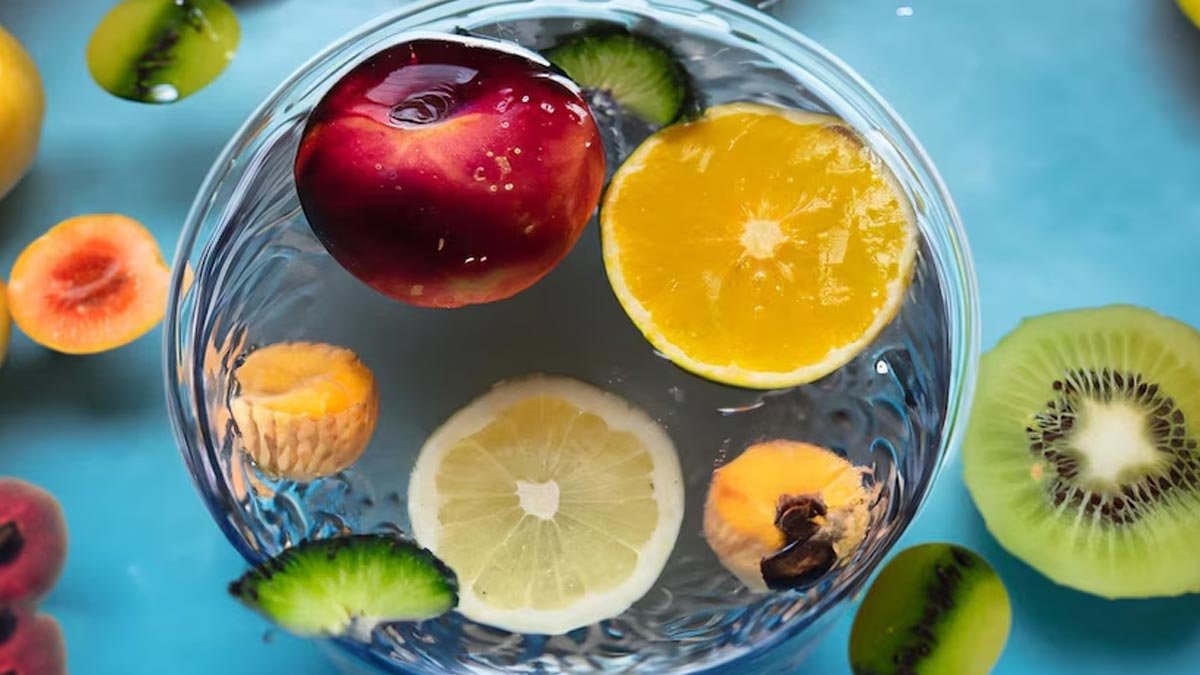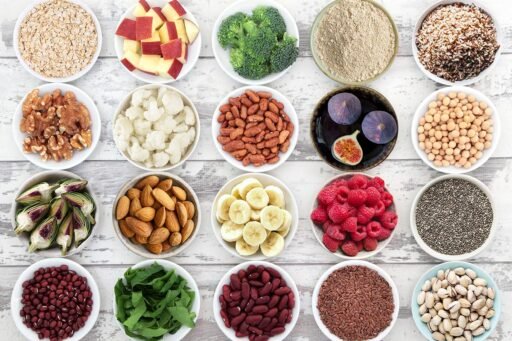When it comes to weight loss, many focus on diet plans, exercise routines, and calorie counting. However, one often overlooked but essential component is hydration. Proper hydration can play a pivotal role in achieving and maintaining a healthy weight. In this article, we will explore how water and hydration impact weight loss, uncovering its benefits, effects, and tips for staying adequately hydrated.
1. The Link Between Hydration and Metabolism
Metabolism refers to the process by which your body converts food and drinks into energy. Studies have shown that staying well-hydrated can help boost your metabolism. Water is crucial for several metabolic processes, including the breakdown of fats and carbohydrates. When you drink enough water, your body performs these functions more efficiently, which can increase the number of calories you burn.
A 2003 study published in the Journal of Clinical Endocrinology and Metabolism found that drinking about 500 milliliters (17 ounces) of water could increase metabolism by 30% for about 30–40 minutes. This increase in calorie burning, known as water-induced thermogenesis, may contribute to effective weight loss when combined with other healthy habits.
2. Water and Appetite Control
One of the most significant ways hydration helps with weight loss is by regulating appetite. Thirst is often confused with hunger, leading people to overeat when they are actually dehydrated. When you’re adequately hydrated, you are less likely to mistake thirst for hunger, which can help reduce unnecessary calorie consumption.
Additionally, drinking water before meals can help promote satiety, the feeling of fullness. A study published in Obesity in 2015 showed that participants who drank water before meals consumed fewer calories and experienced greater weight loss than those who did not. Water fills the stomach and signals to the brain that you’re satisfied, making it easier to control portion sizes and avoid overeating.
3. Improved Exercise Performance
Exercise is a cornerstone of any weight loss plan, and hydration plays an essential role in exercise performance. When you’re dehydrated, your body struggles to perform at its best, which can lead to fatigue, reduced endurance, and muscle cramps. These factors can make it more difficult to complete your workout routines and can ultimately hinder your weight loss progress.
On the other hand, proper hydration helps your muscles function more efficiently, allowing you to exercise longer and more intensely. This can increase the number of calories you burn during workouts, accelerating weight loss. Moreover, staying hydrated helps with recovery, reducing soreness and the risk of injury, so you can maintain a consistent fitness routine.
4. Water Helps with Detoxification
Hydration is also vital for flushing out toxins from your body. Your kidneys rely on an adequate water supply to remove waste products from your bloodstream and excrete them in the form of urine. When you’re dehydrated, your kidneys may not function optimally, and waste can build up, which can lead to bloating and discomfort.
Proper hydration supports your body’s natural detoxification processes, helping you feel better and more energetic. This sense of well-being can enhance your motivation and consistency in your weight loss journey.
5. Hydration and Fat Breakdown
Drinking enough water can support the breakdown of fat during weight loss. Water helps facilitate the metabolic process known as lipolysis, where stored fat is broken down and converted into energy. Without sufficient water, the process of breaking down fat becomes less efficient. This can make it harder to lose weight, despite efforts in dieting or exercising.
Additionally, water aids in transporting the byproducts of fat breakdown to the organs responsible for excreting them, like the kidneys. Hydrating properly ensures that this process happens smoothly, potentially speeding up weight loss.
6. Tips for Staying Hydrated
Now that we understand the crucial role hydration plays in weight loss, it’s important to know how to stay properly hydrated:
- Drink water consistently: Aim to drink at least 8-10 cups of water daily, or more if you’re engaging in intense exercise or live in a hot climate.
- Start your day with water: Drinking a glass of water first thing in the morning jumpstarts your metabolism and sets the tone for your hydration levels throughout the day.
- Drink before meals: Drinking a glass of water 20-30 minutes before meals can help control appetite and reduce the likelihood of overeating.
- Monitor your urine color: Light yellow urine is a good indicator that you’re well-hydrated, while darker urine may suggest that you need to drink more water.
- Include hydrating foods: Many fruits and vegetables, such as cucumbers, watermelon, and strawberries, have high water content and can contribute to your daily hydration needs.
7. Caution Against Overhydration
While hydration is critical for weight loss, it’s also important not to overdo it. Drinking excessive amounts of water in a short period can lead to water intoxication, which dilutes sodium levels in the blood and may result in a dangerous condition called hyponatremia. To avoid this, listen to your body and drink water in moderation.
Conclusion
Hydration is a vital but often underestimated factor in weight loss. By supporting metabolism, controlling appetite, improving exercise performance, aiding detoxification, and facilitating fat breakdown, water plays a key role in helping you achieve your weight loss goals. As you focus on other aspects of your health, make sure that proper hydration is part of your strategy, ensuring that your body is functioning optimally on its path to a healthier you.
Remember, every sip counts! Keep your body hydrated, stay consistent with your weight loss efforts, and enjoy the benefits of improved health and well-being.

































